During the late 1990’s, I had the wonderful privilege of being the principal creature designer for Star Wars—the Phantom Menace. It was a whirlwind experience to be sure, and one that stretched my knowledge of animal anatomy to its limits, and then some.
Among the myriad of creatures to be created for that film (the overflow of which continue to make their appearances in The Clone Wars) for all sorts of environments and at least three different planets, there were a dozen podracer pilots.
Most notably, or at least notoriously, was the Snidely Whiplash-like and evil Sebulba. But in addition to him, I designed most of the eleven other pilots. All of these were from different points of the universe, so they all needed to be very different from one another; however, according to George Lucas, they needed to be small, like jockeys, and be able to drive the dangerously unwieldly podracers, which resembled two jet engines tied by cables to a capsular “pod” in which the pilot sat.
They also needed to act as comic relief, and resemble animals. As George often noted, the Star Wars films were essentially designed for children and young people, as spectacular Saturday matinee Westerns that just happened to take place in outer space, and to maintain this appeal was very important.
This motely cast eventually included reptilians, shaggy doglike and antelope-like creatures, Dr. Suessian individuals, and even a gentle nod to George’s good friend and compatriot Steven Spielberg in the inclusion of a slight variation of the alien from Close Encounters of the Third Kind.
Teemto Pagalies was one of these creaturely pilots, and a favorite of mine, and I thought I’d share some of my process into his creation.
In order to design believable creatures that need to be able to interact with live human actors, one needs to love animals and have a solid understanding of their anatomies and locomotion. Also, understanding how animals are scientifically classified (taxonomy) is very helpful as this indicates what other animals they are related to, and hence how similar or different their anatomies are to one another.
What it boils down to is the study and drawing of actual animals, which are far better designs in themselves than any that I could independently imagine, and to apply those traits, albeit modified or morphed, to imaginary creatures. That gives them the anatomical authority to stand on their own, and allows us to suspend our disbelief. Here are some of my studies of actual animals that went into the creation of the pod racers.
For Teemto, I was inspired by the Celebes macaque and moose (face and personality), and dromedary (hind legs). Some of the other sketches applied to different pilots, such as the antelopish Clegg Holdfast, and the seahorse-like Adar Beedo.
Here are nonstandard anatomical orthographical drawings for Teemto—the bones, skeleton, and surface anatomies. While I also did the standard orthos of Teemto (standing weight equally distributed on both feet, arms stretched out to the sides, and in front, rear, side, even top views, known as the “Da Vinci” format), orthos done in non-standard poses are also very useful and a lot more interesting to look at, as they show the effects of shifts on weight and muscles, and add dynamism.
Drawings such as these give extra information to the modelers, riggers, and ultimately to the animators, showing the right amount of “give” to be worked into the computer models. And not only is there the standard digital skeletal rig, but also the rig needs to be enclosed by realistically sculpted bones and muscles to avoid the “rubber suit” effect.
All the creatures are designed without clothes, needless to say, and the costumes are added later digitally. Iain McCaig brilliantly designed all the costumes for both the sentient creatures and humans as well.
So, here we have Teemto, au naturel, taking in the early morning air, and improving his suntan before the big race. Most of the color work in the Star Wars art department and ILM relied heavily upon markers for swift delivery (and this continues to be used today widely in the Industry along with digital techniques), and for these illustrations Copic markers were used. Here is a detail of the hip area.
I’ve also included some of the gestural drawings and studies, including Mrs. Teemto, with and without her dress. And, at the end of the day, what could be better than for a daredevil podracer pilot, to celebrate the fact that at least some of them survived another race, with a nice spot of Tatooine peppermint tea, and cherry wink cookies smuggled in from Oxford Mississippi–best cookies in the universe, I know this to be all too true. That, and also that Sebulba’s main personality problem and nasty moods stem from the fact that he’s a confirmed sugar junkie.


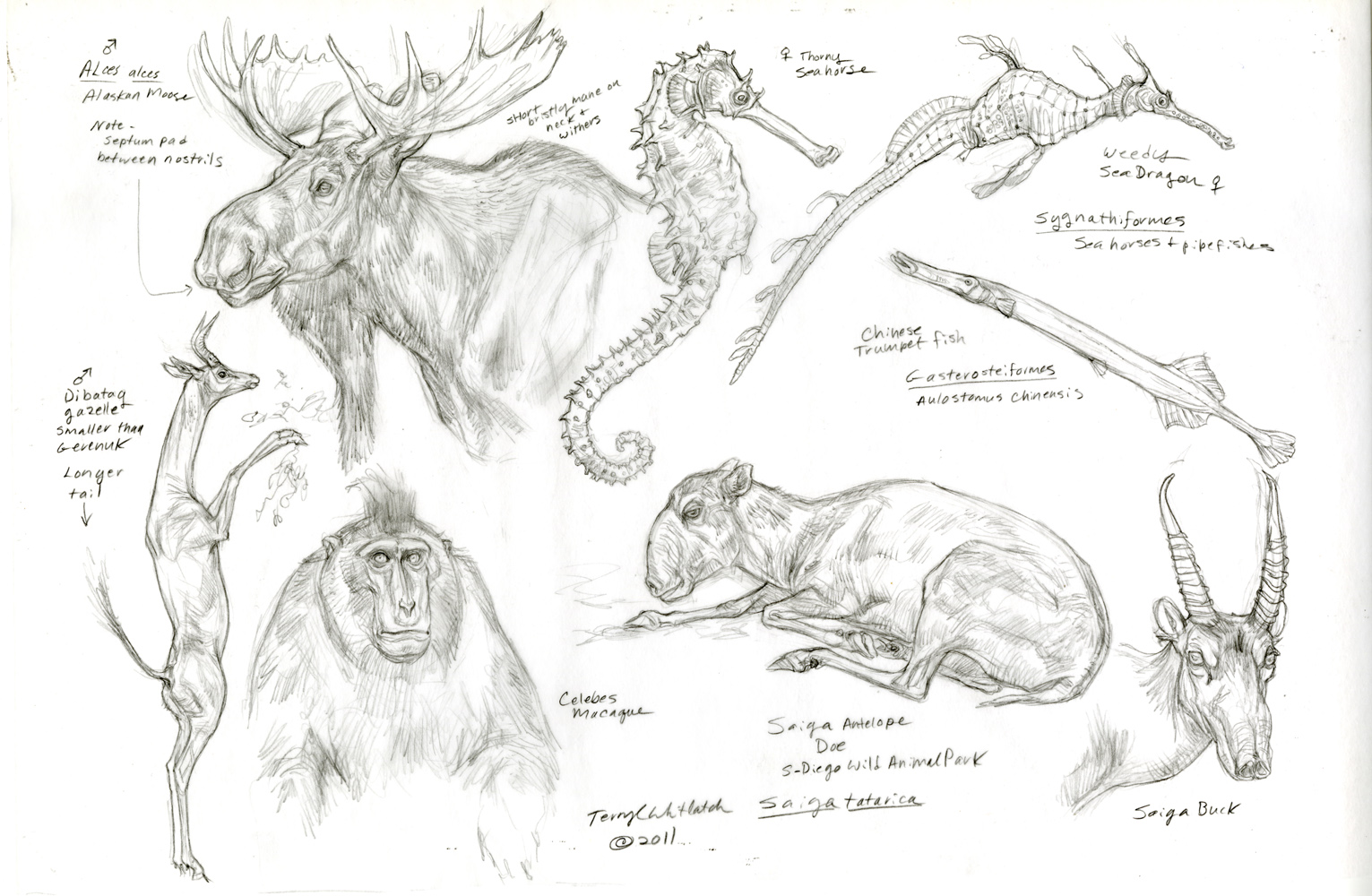
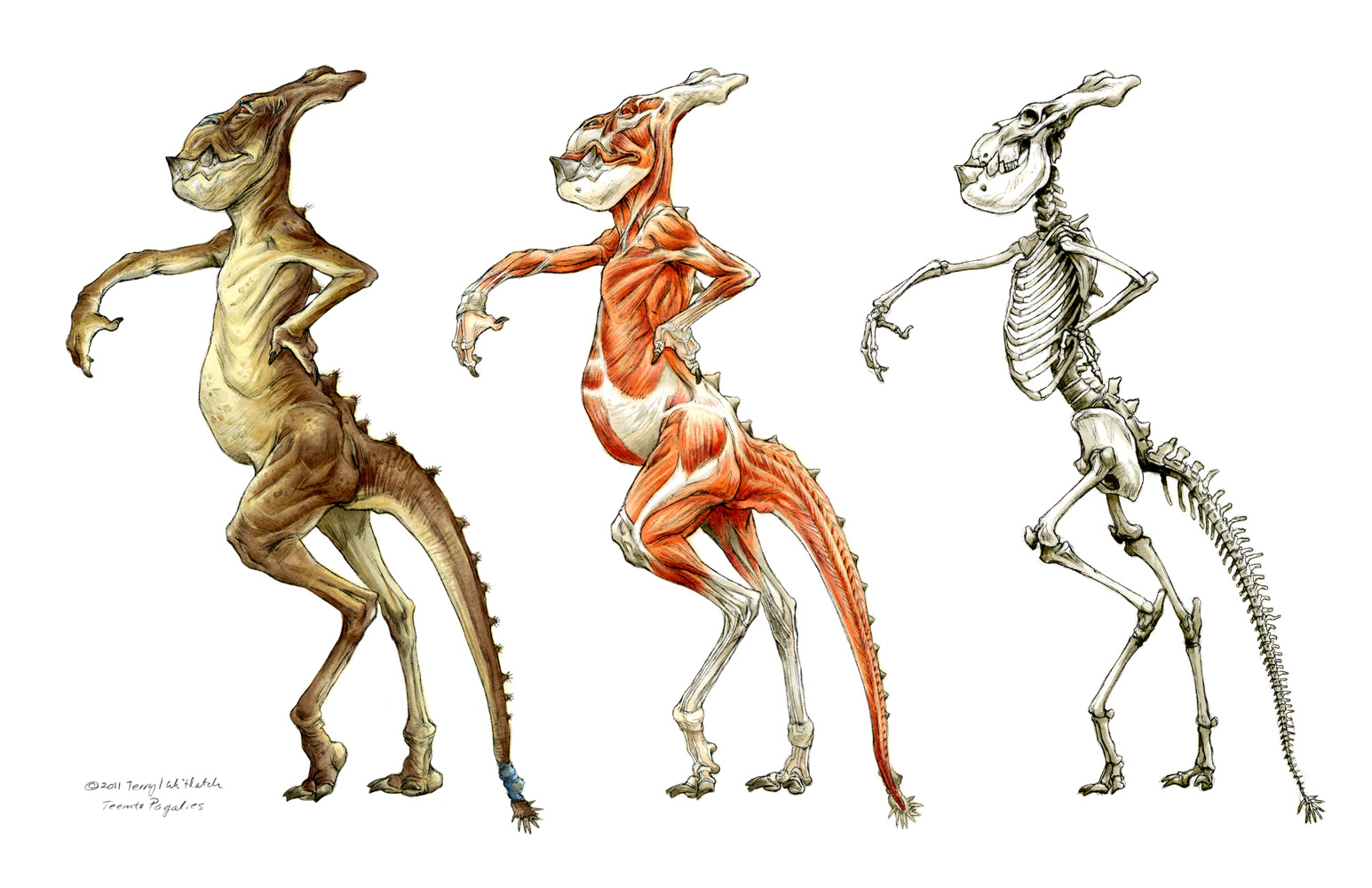
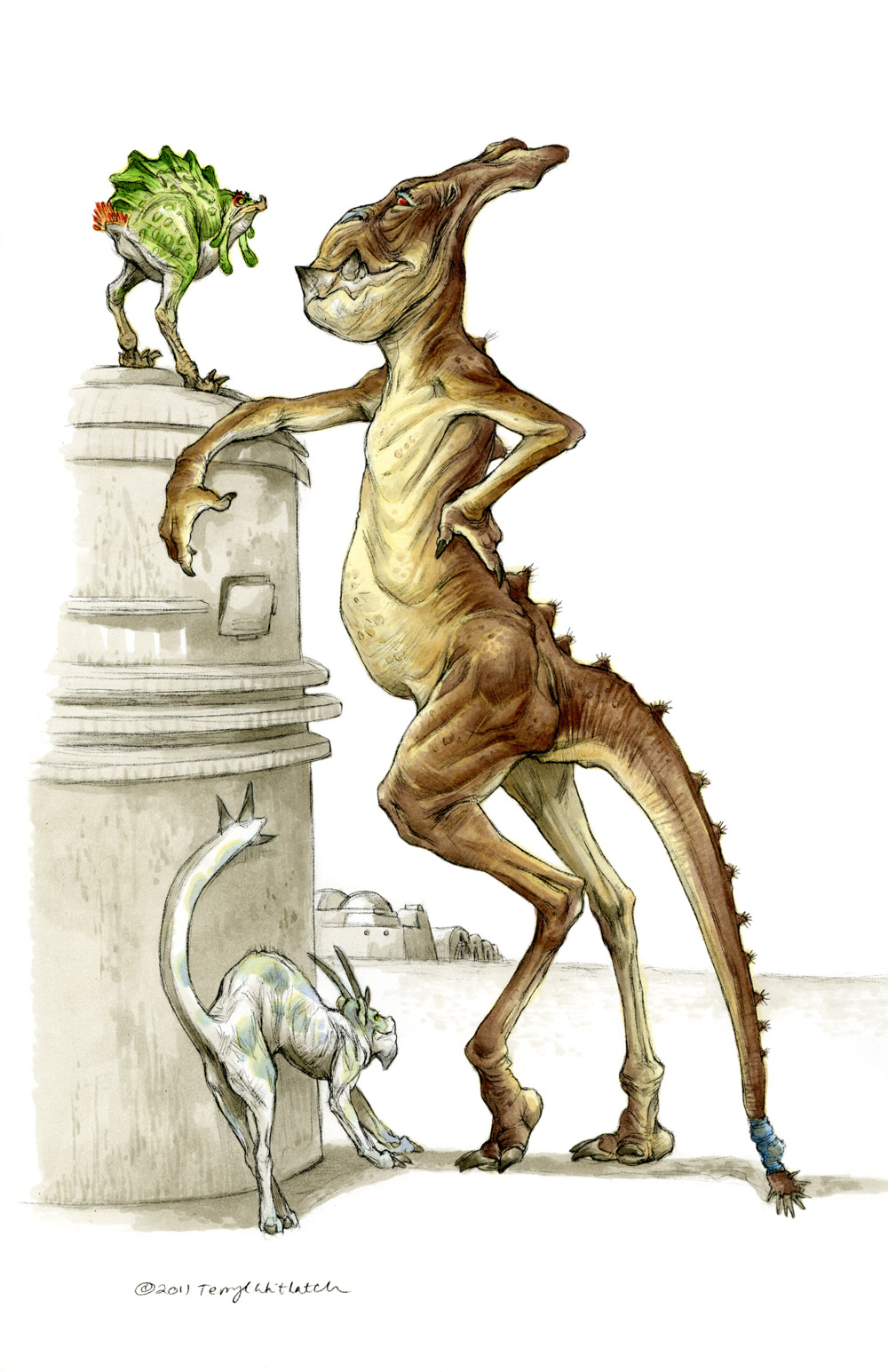
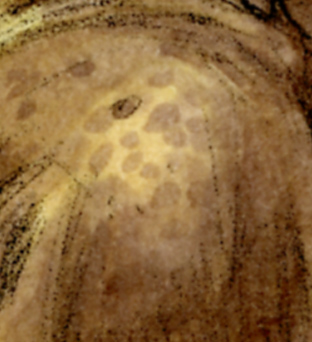
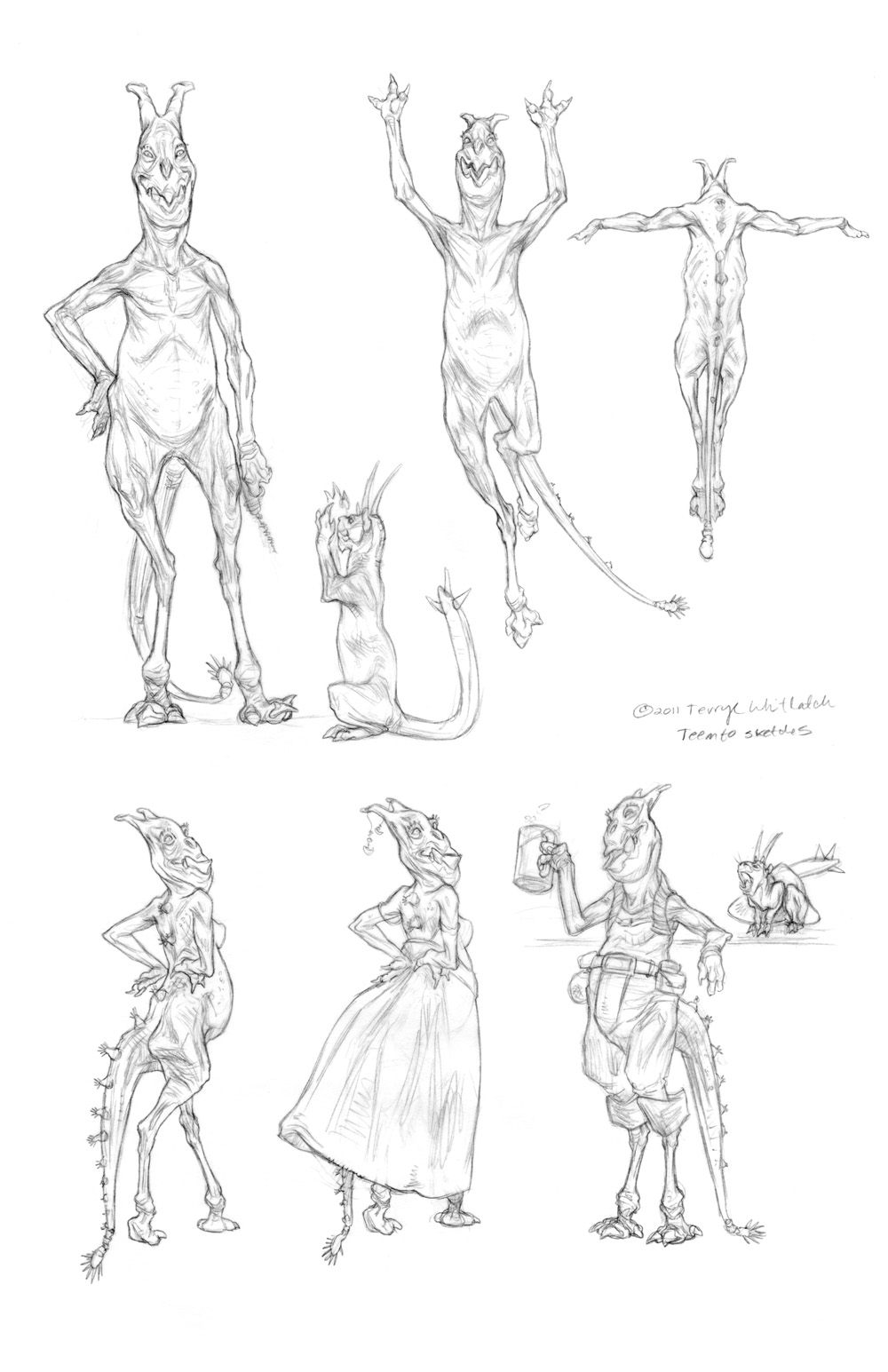
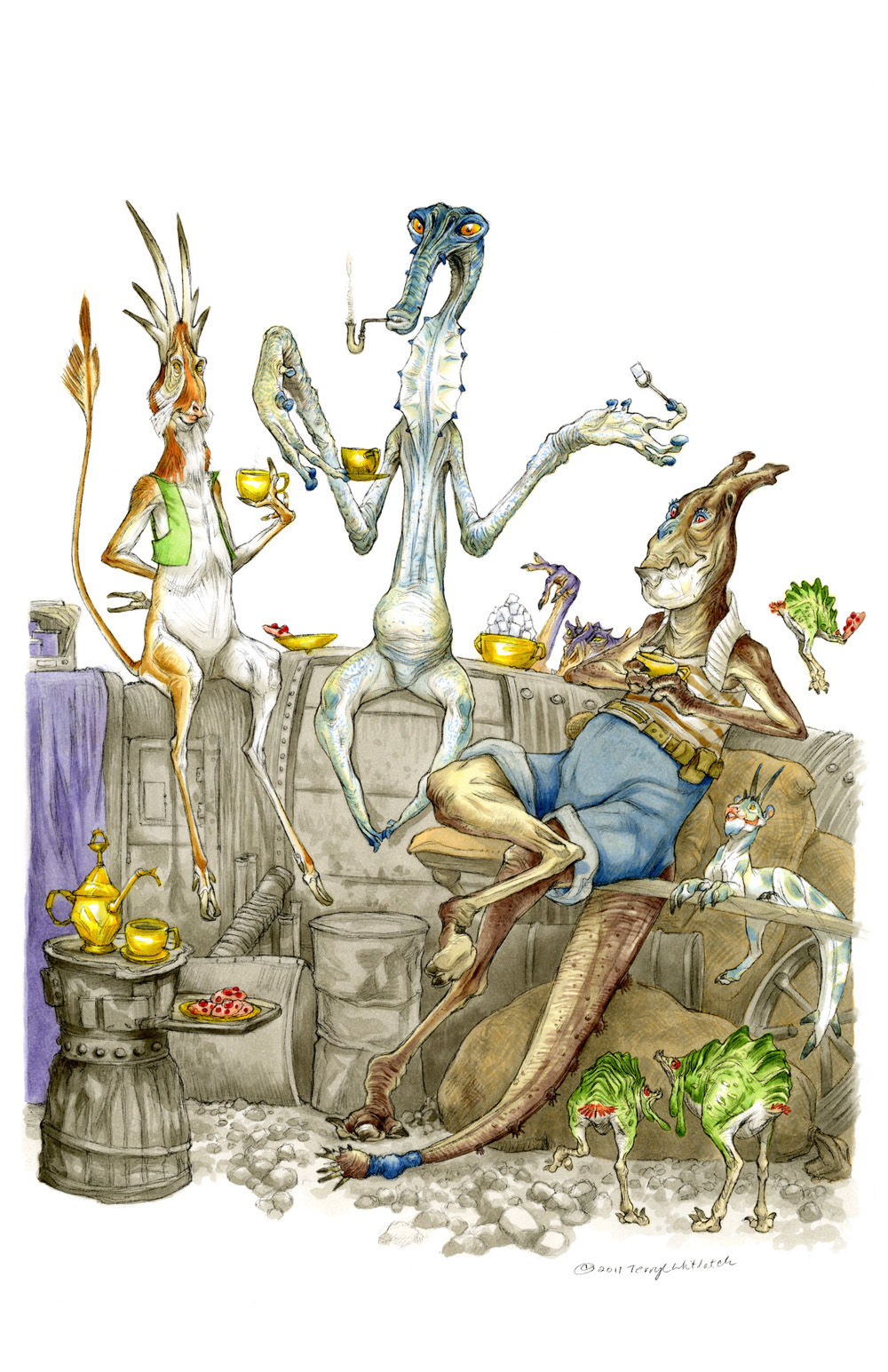
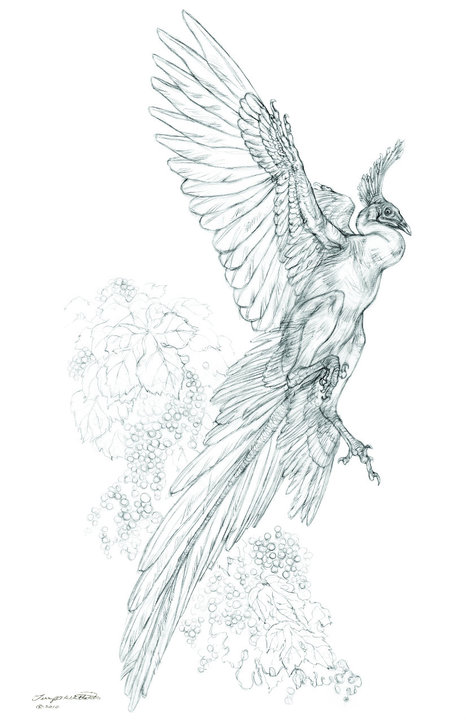
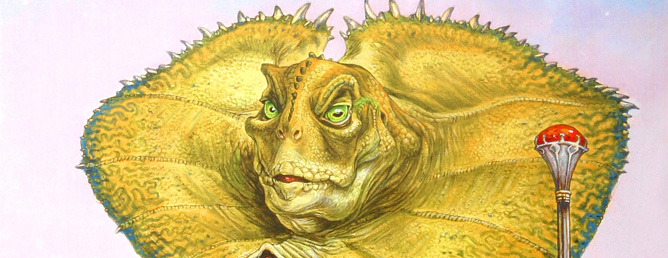
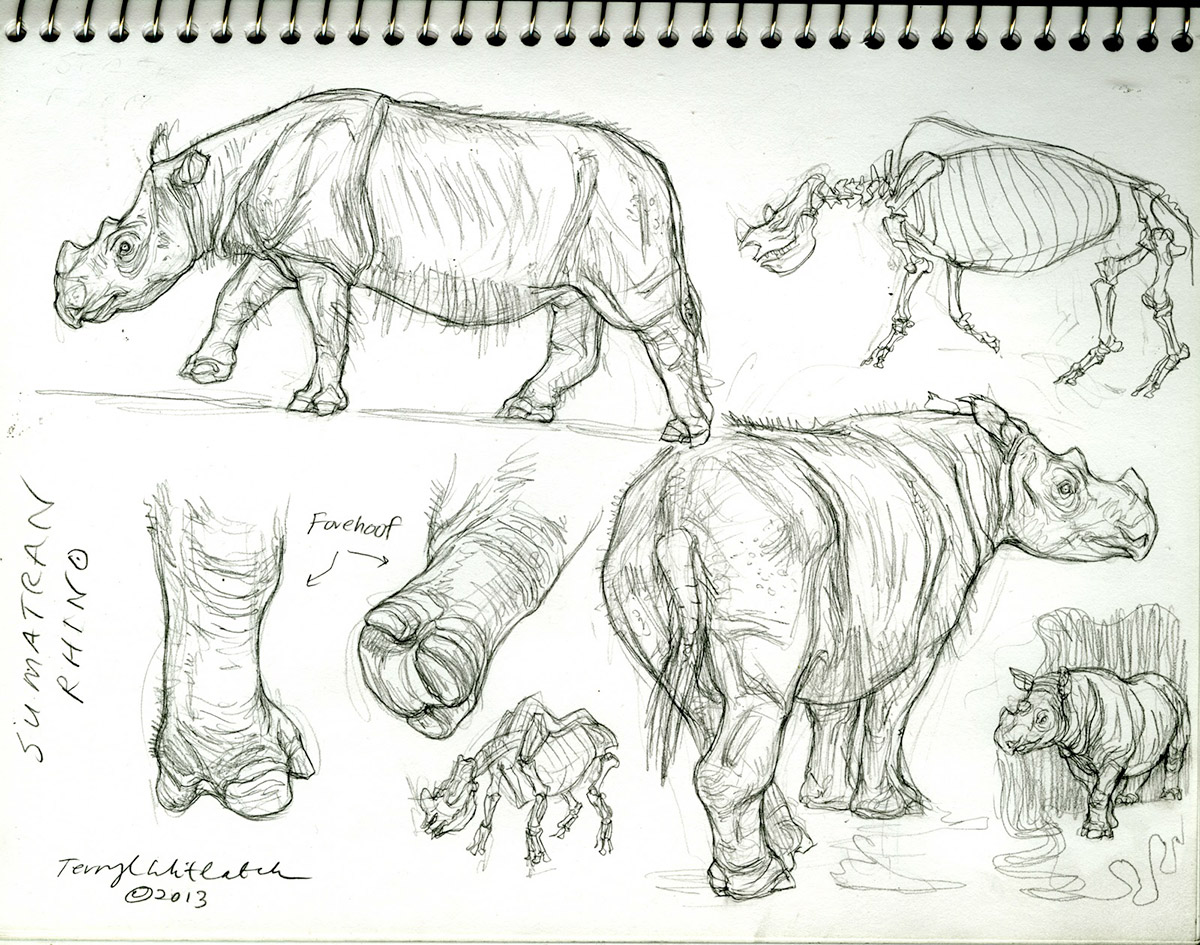
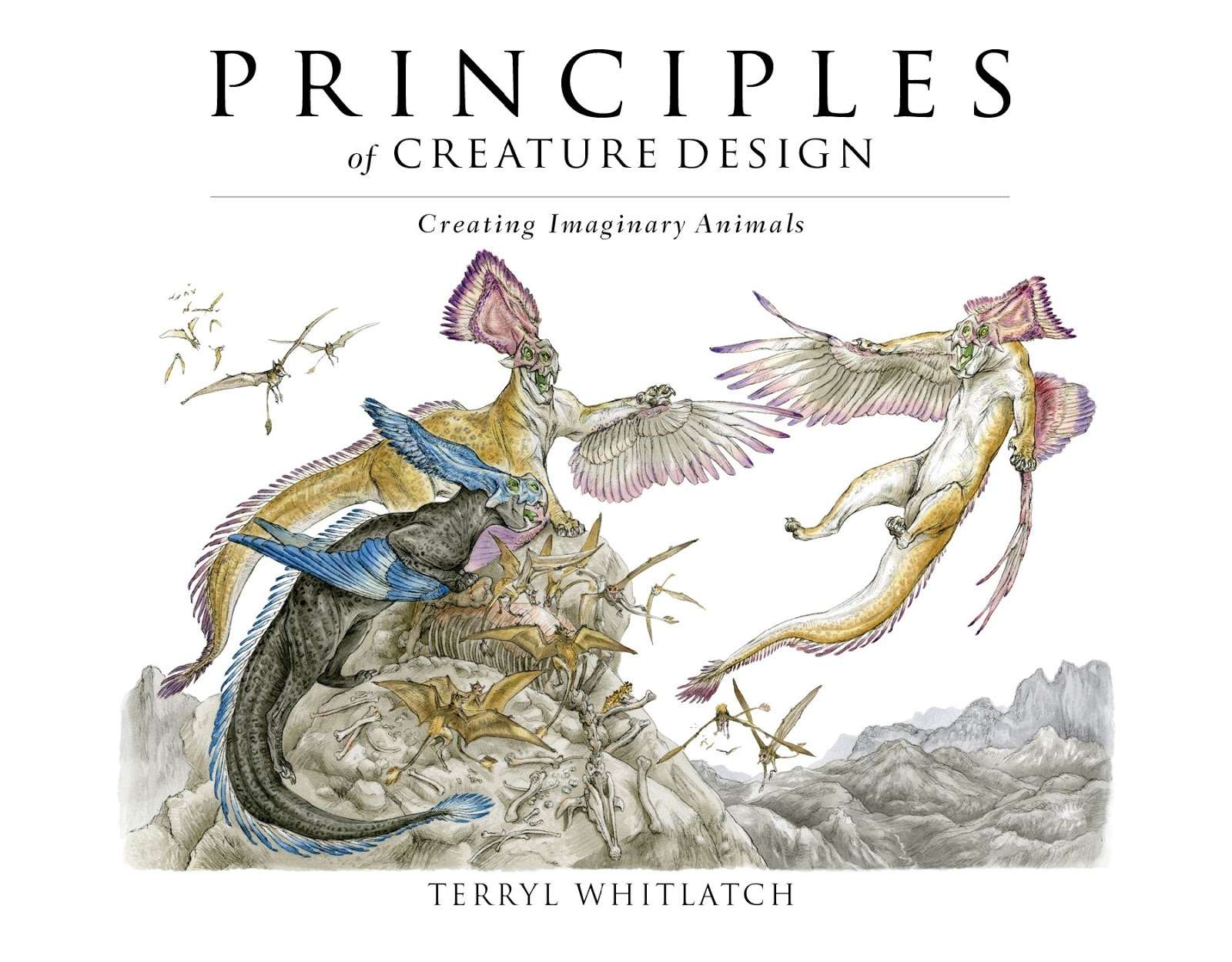
Incredible. Just incredible.
Great work! You've probably forgotten more about anatomical structure and function than most of us will learn…
Thank you very much! Very interesting post.
Thanks for the post! I'm really impressed that you create the characters skeletally, lay musculature over that and then skin them, what an organized and thorough process, it must make things a lot easier for the modelers and riggers. A couple of questions, how long were you given per character to get to this stage? Also, is it safe to presume that you thumbnailed out a ton of concepts before getting approval on select ones to go this deep on? How did you approach these? Sorry for the barrage of questions, your process is a real eye opener for me.
Hi Mike,
All in all, we at the Star Wars Art Department had 3 years to work on the film, and truly, not only was what we did for the first in the Prequels, but set the foundation for the remaining films in that series as well. So, I had more time that usual relatively speaking, to fully develop many characters. However, needless to say, we were on a very tight schedule. On most of the characters that appear in the film (including the swamp stampede creatures), I did indeed do the full anatomical breakdowns. In the big picture, it saved ILM a lot of time and trouble, and helped them to avoid making anatomical errors that would have resulted in wasted animation, and large amounts of money. And yes, countless roughs and thumbnails were cranked out along the way regarding in particular the gungans and Jar Jar Binx, as he was a major character. This was not true across the board, however. Sebulba was created and approved in a single afternoon.
I really enjoyed learning about all the construction and real anatomical reference that went into the creation of the creatures of Star Wars. I am looking forward to reading more of your blogs, Terryl. Your writing is always thorough and educational to those aspiring to learn comparative anatomy and the uses thereof.
Christina Marent Mahmoud
I like the gerenuk-footed pilot, and their little white horntail-cat. I enjoyed seeing this presented at CTN last year, it's nice to see it up here for good so I can come back to it 🙂
Ms. Whitlatch,
I (and my 11-year old son) enjoy your art. I was excited to see you join Muddy Colors. As a Mississippian I was interested to know: What is your connection with Oxford?
great